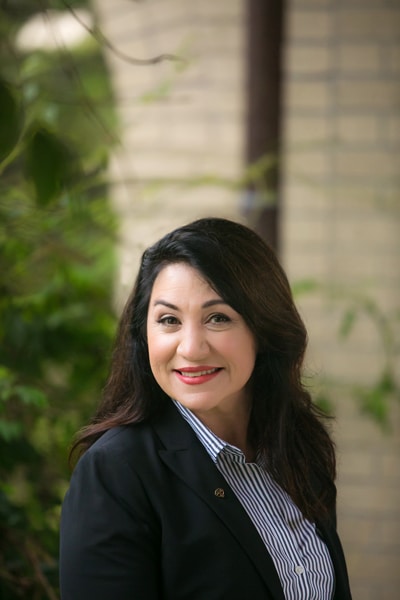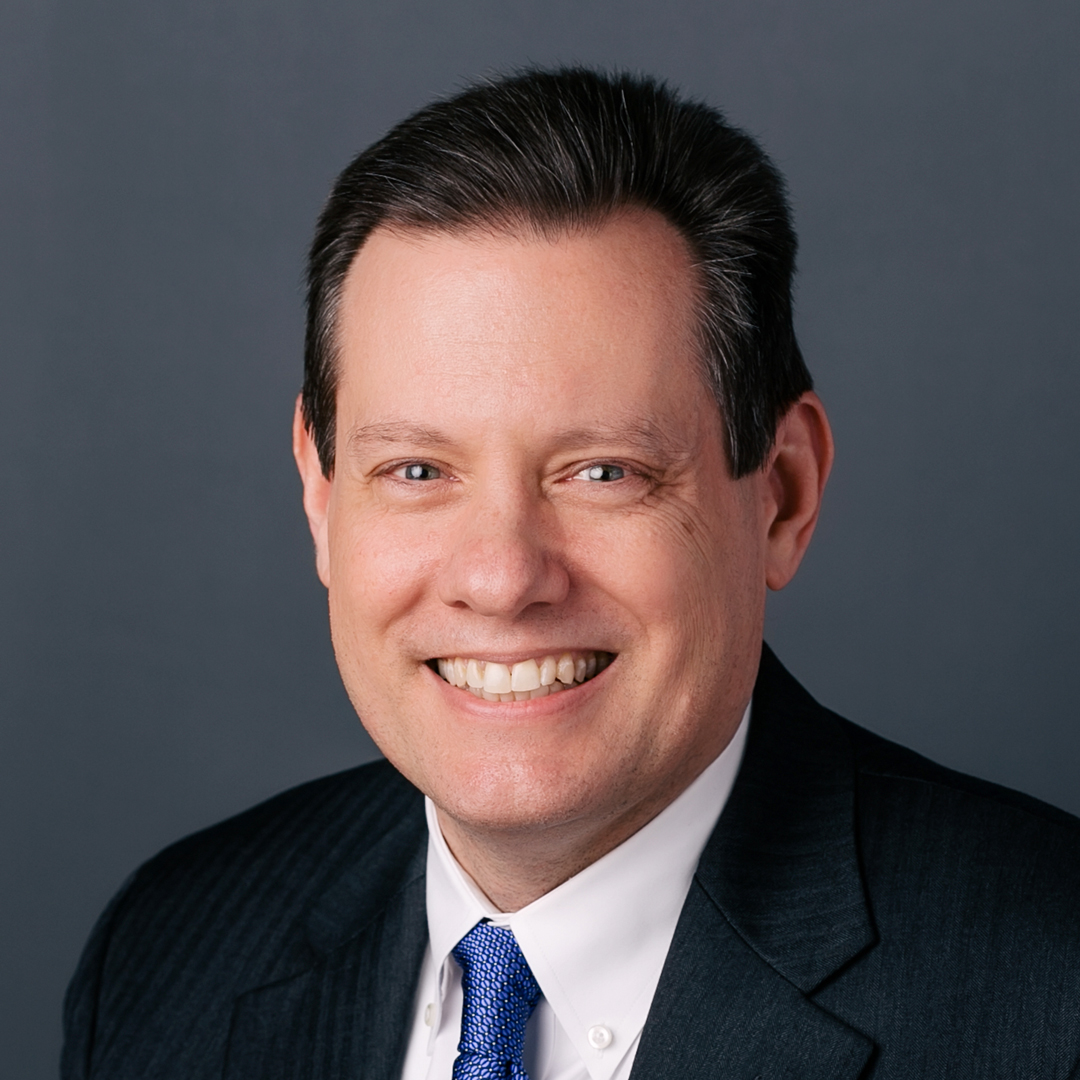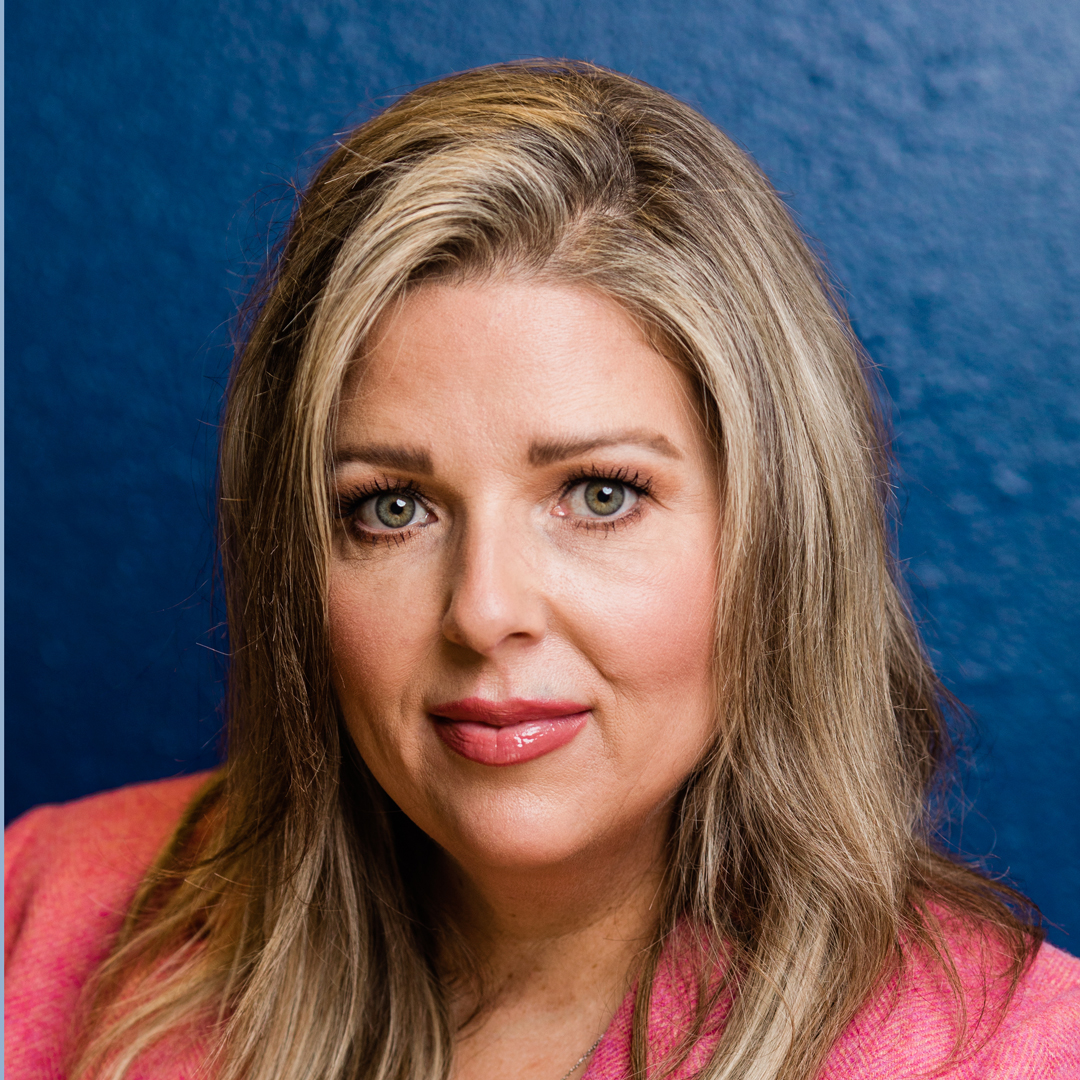A chance encounter at a party in Birmingham, Alabama, led Jolee Bollinger to a job interview in an office converted from an old convent space. That’s where, in 2006, the legal leader met with the C-suite and Sisters of the Franciscan Missionaries of Our Lady Health System (FMOLHS). Bollinger seized the opportunity to support the largest Catholic health organization in Louisiana, which has also provided $39 million in unreimbursed care. Now the general counsel and corporate integrity officer is uniting its network of hospitals, clinics, physicians, elderly housing, and information systems more than ever before.
“I’m a strong believer in an individual being placed precisely where she should be,” Bollinger says, “with the skills needed to meet the challenges that lie ahead.”
As Bollinger guides the hospital network’s transition into a more integrated health system, she’s also ensuring FMOLHS doesn’t leave behind the ministry created by its founding Sisters more than a century ago. Profile spoke with Bollinger to discuss how she balances operating the ministry in a commercial environment and how the recent movement toward an integrated health system will continue to serve communities in need.

Your organization certainly has a rich history. Did that attract you to the opportunity there?
It really did. Being able to translate my personal faith in this environment has been a really meaningful experience. The ministry isn’t just posted up on the wall here; it guides our decisions and keeps our integrity in check in a very tough and changing healthcare environment. We emphasize to all of our team members that you are here because of a calling, and if you don’t feel that calling, then this is not the place you should be.
When I think about how our health system has grown over the years—going back to the six sisters that left Paris to come to Louisiana to start our first hospital—we always try to make decisions that are respectful of that tradition and heritage.
Have there been significant changes at FMOLHS during your tenure?
While the health system was formed in the ’80s, the hospitals have been operating for seventy-five to one hundred years as separate entities. And, when I joined as general counsel of the health system, each hospital still had its own legal function. Since then, we’ve consolidated legal, compliance, audit, and many other functions, such as risk management, finance, and human resources. We’re still on the road to consolidating where it makes sense.
Another change that will take effect next spring relates to the sisters’ sponsorship. To assure the continued Catholic identity of our health system and to implement the teachings of Vatican II, the sisters requested the Vatican to create a new sponsorship structure, which ensures involvement of laity and continuation of the Catholic identity.
What key considerations do you have for your team during this integration process?
Our main goal has been to preserve the stability of our facilities and our ministry so that we will continue for the next hundred years. To do so, we have grown the department with lawyers who are able to deliver service as business partners. You certainly need a technical skill set, but you also need the right personality so that the lawyer feels invested in the business outcomes. We have a very talented team that does amazing legal work, and they also are able to assist the business teams to achieve their goals. It is a partnership rather than a sterile lawyer-client relationship.
From a business perspective, what are the benefits of adhering to both legal and faith-based frameworks?
We recognize that we must operate in a commercial environment; that’s the way that America works. But at the same time, we must assure we remain true to who we are in carrying out our mission. I’ve worked in both worlds—for-profit and not-for-profit healthcare. The outcome of decisions made between for-profit and not-for-profit entities may not be different, but the way the decision is made is extremely different. The discernment of who’s involved and considered stakeholders is very different; we really see ourselves as partners with our communities rather than merely a service provider.
What’s an example of how stakeholders are brought to the table at FMOLHS?
Before we transitioned a community hospital into a teaching hospital in Baton Rouge, Louisiana, we started with the hospital medical staff. We knew that if the physicians would not support the effort, then we would never be successful. We also spent a great deal of time with the community, with our local government leadership, to address how we would assure populations had appropriate access to healthcare services.
We have all the competitive pressures that impact any business, but with every decision, we focus on how we can best care for the patient.
Then how would you describe the cultural impact on the organization itself as it becomes more integrated?
It’s big. We have about thirteen thousand team members system wide, and they are really energized by the message because it’s providing an outward response to all the consolidations that are going on in healthcare. Instead of looking to partner with another system, we have decided to strategically grow ourselves to ensure stability. We have been a system of different hospitals in separate markets, and now we are continuing to coordinate that activity as an integrated system.
One of the most significant first steps was our conversion to the Epic electronic health record system wide. Additionally, our efforts to develop population health through our clinical network is extremely impressive. Our goal is to connect the dots to help patients navigate the complex American healthcare system to either maintain their best health or return to a functional state of health in the event of chronic illness.
What does the corporate integrity aspect of your title mean to you?
Those words are behind my name, but that’s a standard that we place on every leader and every team member within our organization. I oversee many of the safeguarding functions, but corporate integrity more broadly assures that we are all operating in a way that displays personal integrity not only when we carry out our technical jobs, but also how we conduct ourselves—a higher level of professionalism and compassion for what people are going through as they walk in our doors every day.
Photo: Jenn Ocken Photography
Crowe congratulates Jolee Bollinger and Franciscan Missionaries of Our Lady Health System on the well-deserved recognition of their efforts. We are proud to continue working with FMOLHS toward their mission of “Making a Significant Difference,” which we see reflected in all our interactions with Jolee. —Crowe LLP

